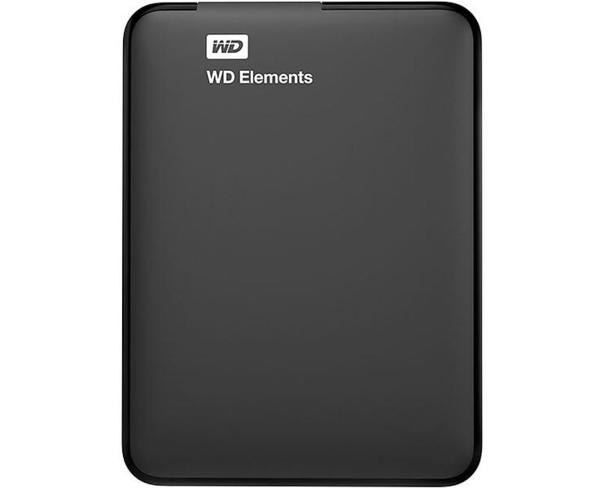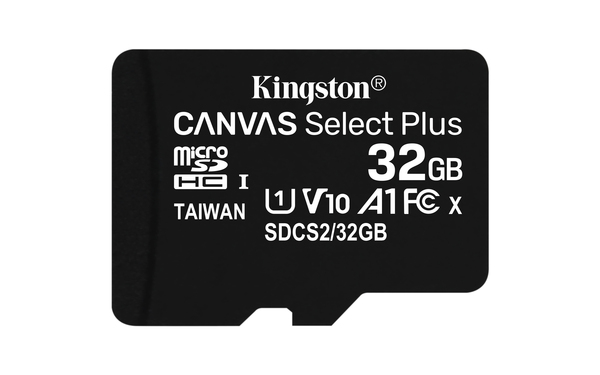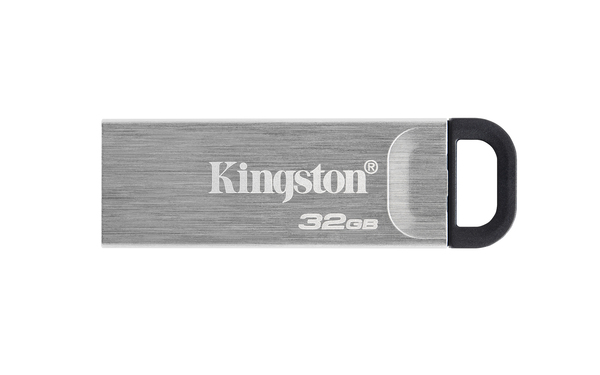External Storage
External storage media are devices that enable the storage and transfer of data between computers and other devices. These devices can be connected to computers via USB, Thunderbolt, or wireless connections. A common example is external hard drives, which can be traditional mechanical hard drives (HDD) or faster and more durable solid-state drives (SSD). They offer large storage capacity and are typically connected to the computer via the USB port.
Another common external storage device is USB flash drives, compact and lightweight for the transfer of smaller files such as documents and photos. Additionally, there are external SSD drives that are faster and more durable compared to traditional hard drives, particularly suitable for transferring large files or applications.
Wireless external storage devices, such as cloud-based storage solutions, allow for data exchange between devices without physical cables. Network-attached storage (NAS) devices are, in turn, connected directly to the network and serve as a central storage for the home network.
External storage media offer several advantages, including additional space for computers, the possibility of backup, and easy data transfer between different devices. It is important to handle storage devices properly and regularly back up important data to avoid loss in case of accidents or malfunctions.































































































